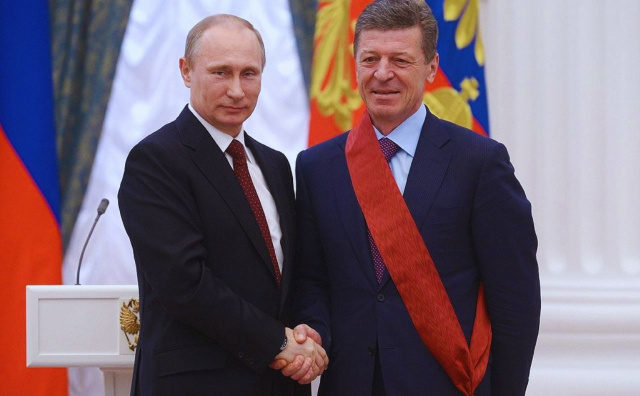Putin Removes Kozak as Kremlin Adviser, Signaling Commitment to Continue the War in Ukraine

Russian President Vladimir Putin has removed Dmitry Kozak, a long-standing close adviser, from his senior position in the Kremlin, according to the Institute for the Study of War (ISW). Kozak reportedly advocated for dialogue with Ukraine, and his dismissal signals a consolidation within the Kremlin around Putin’s decision to continue the war rather than pursue negotiations.
ISW notes that senior Kremlin officials, likely with Putin’s approval, pushed Kozak out following repeated disagreements over the war in Ukraine. Kozak had previously urged for an end to hostilities and the initiation of peace talks, but his proposals conflicted with Putin’s “maximalist” demands. The move underscores a Kremlin consensus to prolong the conflict rather than seek compromise.
Russian media reported on 17 September that Kozak had resigned over the weekend of 13–14 September and is reportedly weighing various business opportunities. Earlier reports had suggested he might be appointed presidential envoy to the Northwestern Federal Okrug, but his current departure appears to indicate a full exit from the Kremlin hierarchy.
Kozak had been the only member of the 21 February 2022 Security Council meeting to oppose the full-scale invasion of Ukraine. Early in the conflict, he acted as a mediator attempting to reach an agreement that could have prevented Ukraine’s NATO accession, but Putin rejected the proposal in favor of territorial ambitions. In recent months, Kozak’s influence had waned as he repeatedly advised halting military operations, initiating peace talks, and curbing the role of Russia’s security services.
The exit of Kozak strengthens the position of Sergei Kiriyenko, Deputy Head of the Presidential Administration, who has increasingly assumed responsibilities previously held by Kozak, including overseeing Kremlin strategy in Ukraine and, more recently, Moldova. Kozak’s removal thus consolidates Kiriyenko’s power and reflects the Kremlin’s continued alignment behind Putin’s war policies.



